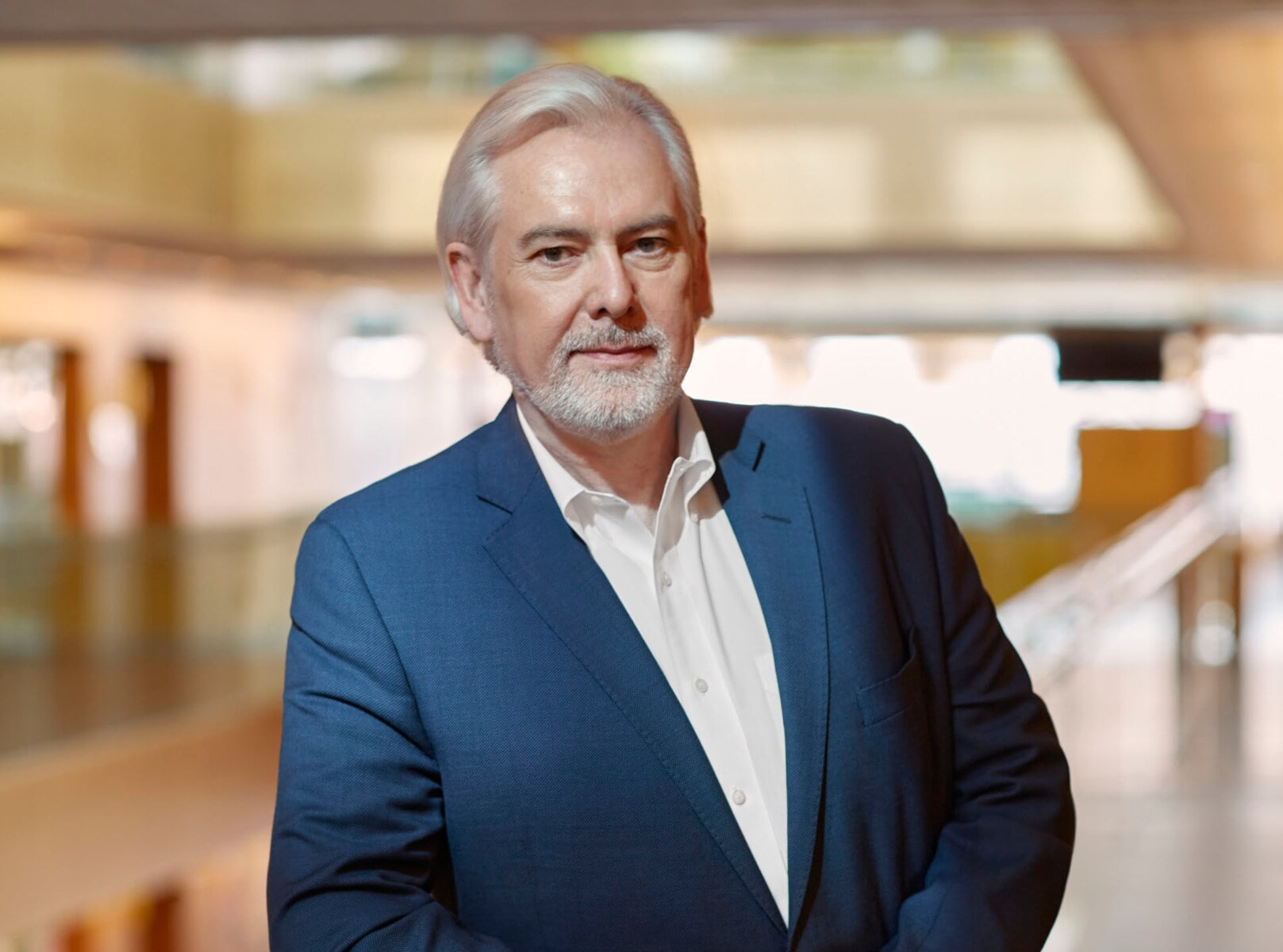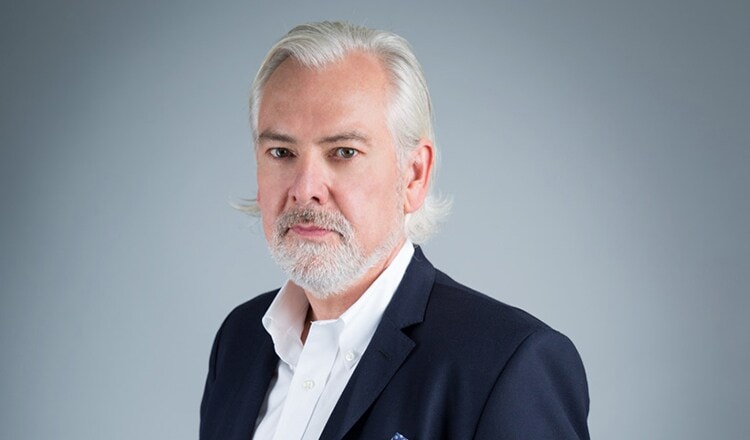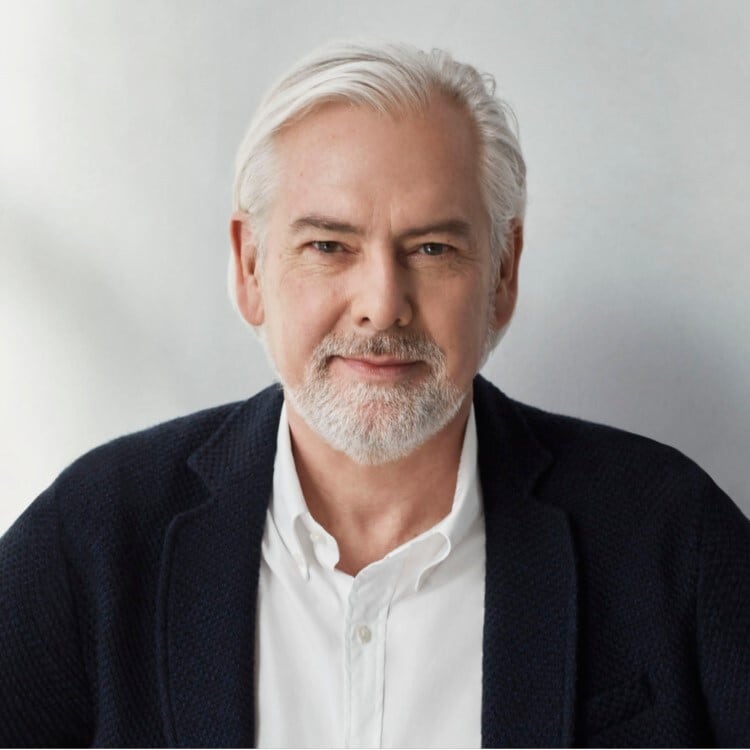Long before the first signs of COVID-19, our world has been experiencing geopolitical, societal, and economic tensions. The pandemic has exacerbated many of them. From strained international relationships to racial injustice, the refugee crisis, and the issues migrant workers face in Europe, and elsewhere, there is no shortage of mounting tensions and conflict.
In every setting—our personal relationships, within organizations, and in society—tensions inevitably occur. When they do, they make us uncomfortable, too often laying bare the negative traits of human nature: bigotry, hate, and selfishness, to name a few. But tensions can also accelerate progress.
There is no sugar-coating any of the ugliness we have witnessed, but I genuinely believe that tensions can create opportunities for individuals and entire systems to move forward. Tension is necessary for change and innovation because without challenges to the status quo—and their resulting frictions—new ideas wouldn’t exist.

Challenging norms to drive innovation
This positive potential is more easily understood in the context of business and organizational growth. When team members are asked to challenge the “traditional” way of doing things and put forward new ideas to improve a product, a process, or the organization as a whole, tension and conflict may arise.
But if those tensions are anticipated and welcomed as part of the process, sound decision-making and innovation can ensue. In fact, research has shown that, managed properly, conflict can be a strong driver of performance in the context of an organization’s innovation processes.
Read more from Jacek Olczak
Working through disagreements with an open mind
Central to leveraging tension as a force for progress is a willingness to engage in conversation. Equally important is an open mind. We can only discover new truths—especially truths that conflict with our most dearly held assumptions—when we are listening, and working to understand disparate perspectives.
Expressing reservations and conflicting opinions during this process is okay—even beneficial. Working through disagreements is part of the process. What is not acceptable is avoiding looking at the facts or rejecting out of hand whatever does not align with your entrenched beliefs (or interests). We see this far too often in the tobacco harm reduction space, where untold opportunity is lost when some public health advocates and organizations refuse to objectively assess the evidence surrounding smoke-free products, ignoring the potential these better alternatives to cigarettes may represent for men and women who would otherwise continue to smoke.
Tension is necessary for change because without challenges to the status quo—and their resulting frictions—new ideas wouldn’t exist.Jacek Olczak Chief Executive Officer, Philip Morris International
Resisting bias to embrace change
When new data or other evidence arises, or when the context changes, opinions should be expected to change. Consider seat belts; a standard feature in cars today and probably one of the most common safety devices in modern history. And yet, when the mandatory use of seat belts first was proposed, the law was fiercely contested by segments of the population in the U.S., despite the scientific research affirming the benefits. At the time, opponents raised several claims, including that seat belts were ineffective, inconvenient, and uncomfortable.
Besides the obvious analogies between the opposition to seat belts and the absurd tensions we are witnessing today with anti-vaxxers and anti-maskers, these examples also illustrate that change seldom comes without resistance—even if, in retrospect, the better choice is clear.
Resisting this instinct to ignore the obvious when it conflicts with our preconceived beliefs—in other words, resisting bias—is a must for leaders in business and beyond.
We must listen to all sides
To turn tension into an opportunity, we must encourage different opinions and perspectives and be willing to listen to all sides, while insisting on respect for science and facts over conjecture and lazy thinking. Excluding the voices and evidence with which we disagree from the debate will ultimately preclude us from making the best decisions.
Adopting a positive approach to reconciling differences can promote growth in individuals, relationships, organizations, and society at large. It takes humility to recognize that we may not always know all the facts. It takes empathy to understand why others may see things differently. It takes an open mind to seek common ground and benefit from a broader perspective.
Perhaps most important is recognizing that it is better not to have an immutable opinion; to take in new information, to change our minds, and to adapt to evolving circumstances is a sign not of weakness, but progress.








